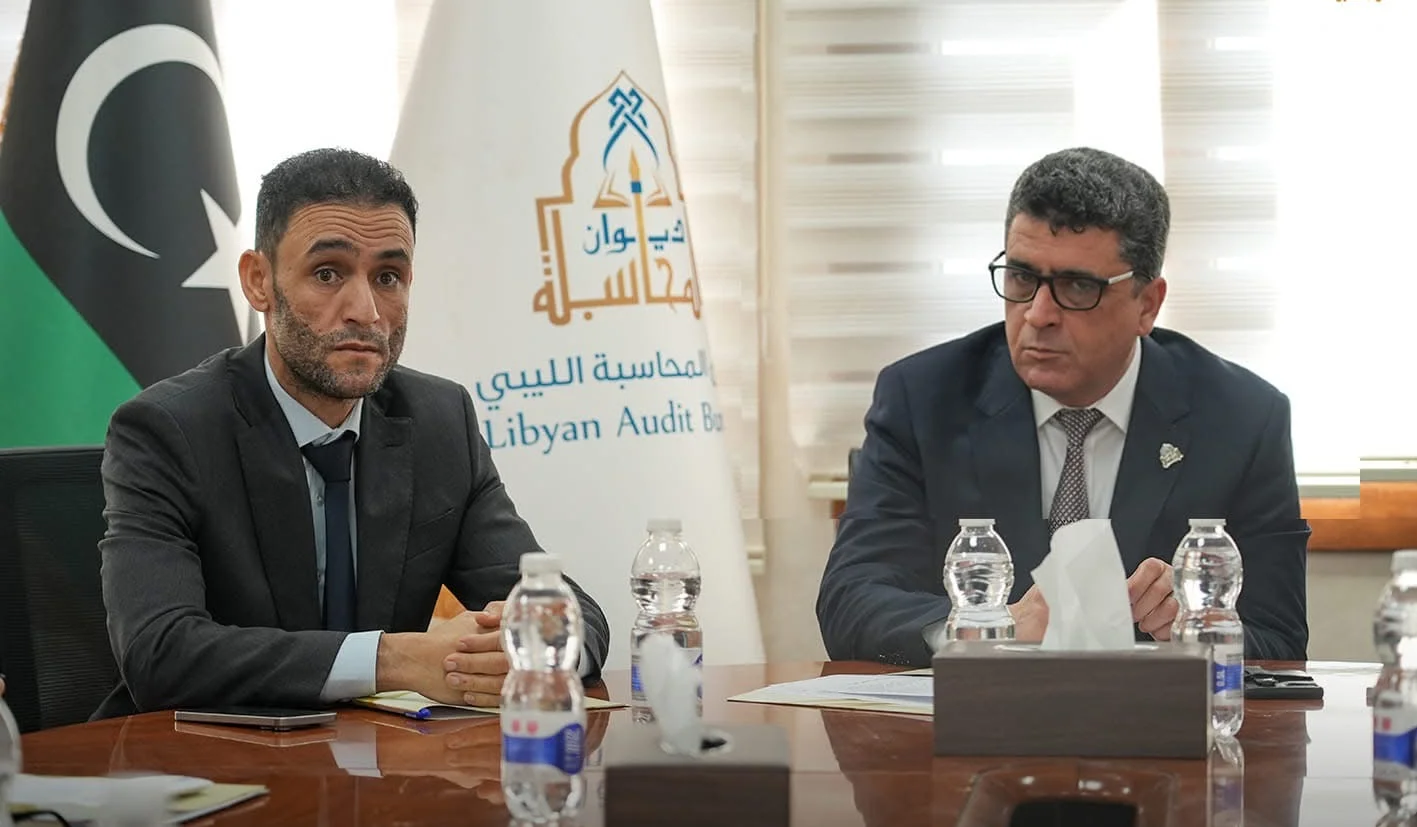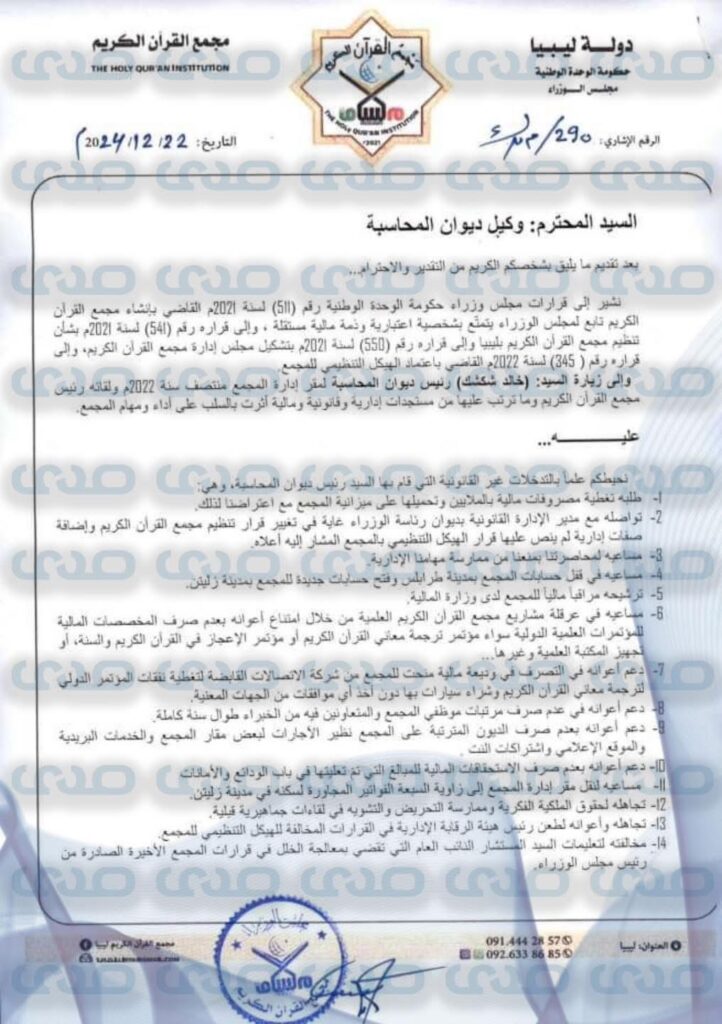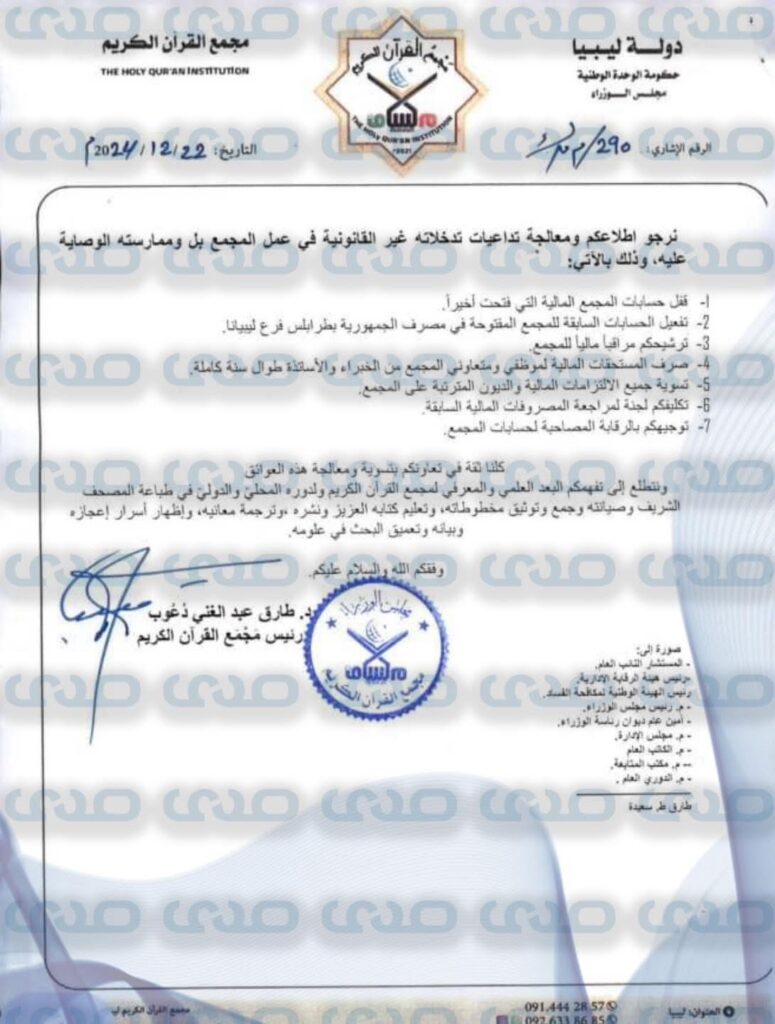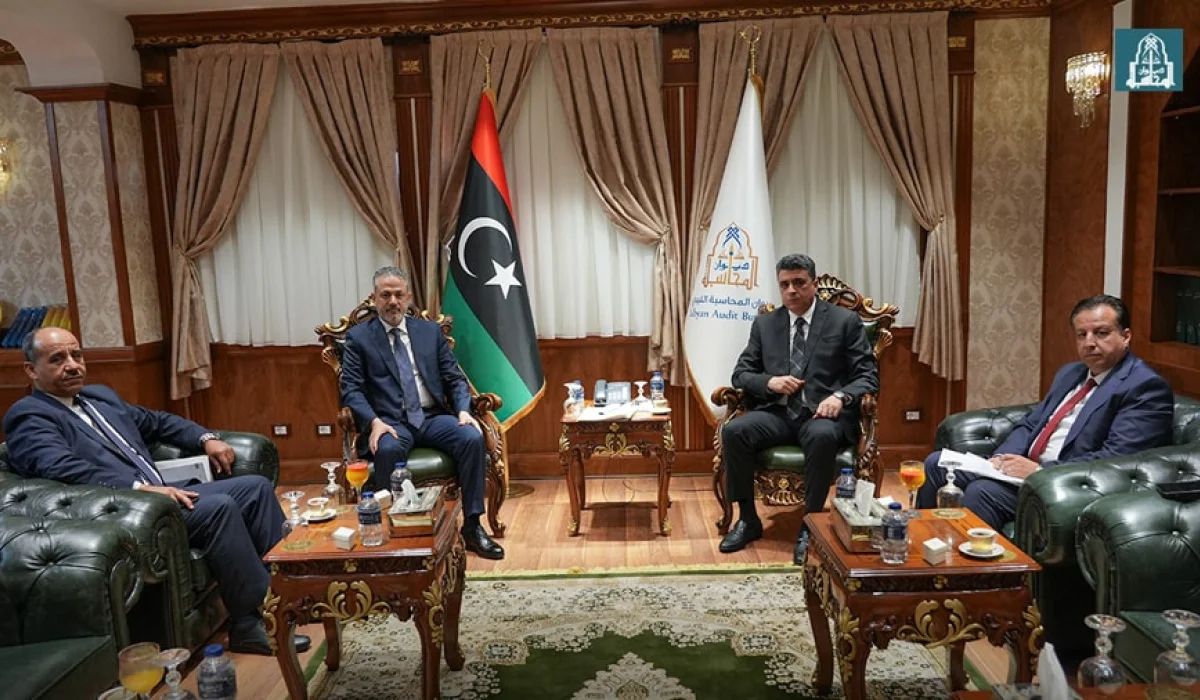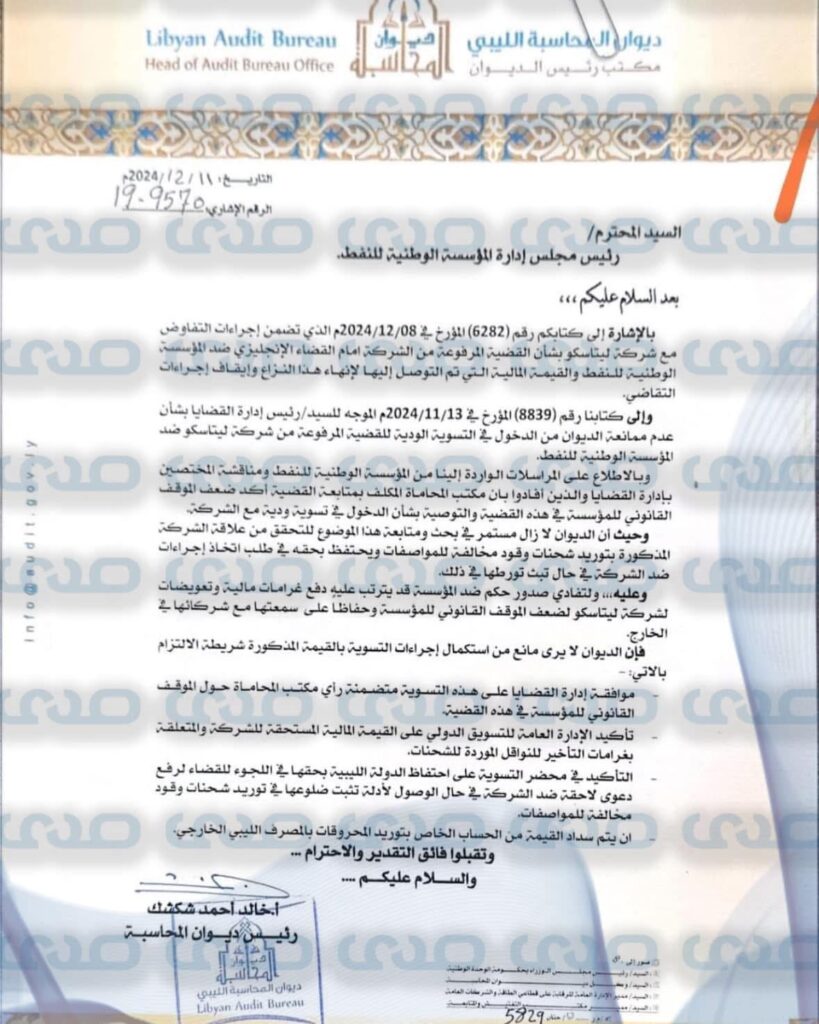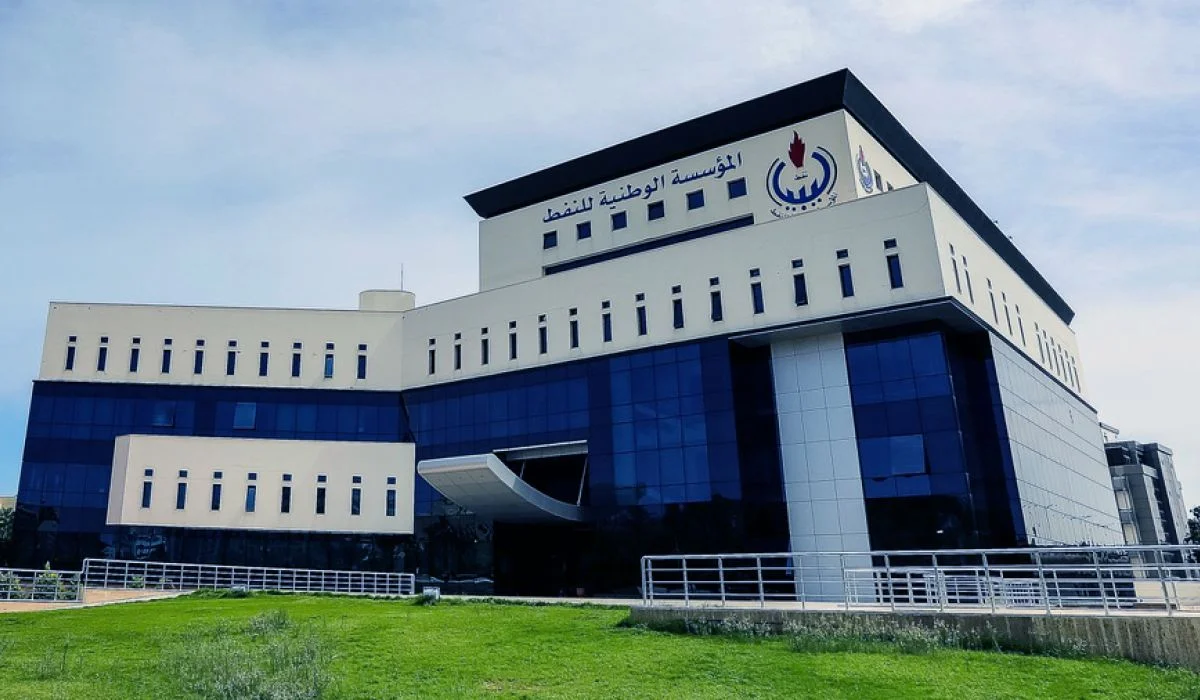The tech blogger Amin Salih wrote an article in which he entitled: “The Communications Authority is Outside the Scope of Communications.”
He stated: “When writing an opinion piece on information technology, you try to gather many ideas, mistakes, viewpoints, and issues, blending them with local and global experiences and practices.
During my visit last week to the Internet Governance Forum in Riyadh, I heard and participated in many discussions. One sentence by a member of a Brazilian organization named CGI, which focuses on multi-stakeholder models in information technology, caught my attention. He said, “The government and ministries do not lead development in information and communications technology; rather, communities drive that. The role of regulatory ministries is to develop and implement policies that grow the sector and coordinate with other sectors.”
While speaking with him directly, my thoughts turned to the case of the “General Authority for Communications and Information Technology.” With a staff exceeding 2,000 employees, boasting millions in budgets covering salaries, bonuses, and development efforts, the results, based on what I’ve observed, are close to zero. There are branches, travels, committees, and media productions, but the outcomes are very limited.
Some employees believe the authority should trade, compete, and profit, leading to envy and animosity toward private and public companies.
Challenges and Problems Facing the Authority
- Weak coordination between various departments within the authority.
- Absence of a clear strategic vision for developing the sector.
- Over-reliance on bureaucracy that delays decision-making.
- The impact of political disputes and armed conflicts on the authority’s performance, leading to power struggles within and outside the authority among private and public sectors, as well as individuals, resulting in no progress.
- Limited investment in training and development for employees.
- Dependence on outdated technologies, failing to keep up with modern technological advancements.
- Weak digital transformation in providing services to citizens.
- Employment based on personal relationships, rather than competence, and the influence of tribal and social factors in decision-making, even in simple administrative matters like firing or leave requests, including licenses and fees. This has led to the authority becoming a place for resolving unemployment issues, which results in disguised unemployment.
- Many employees are preoccupied with creating “trends” and projects based on desires rather than needs, without considering causes, effects, or conducting research.
- The absence of scientific and field research coordination, with no tangible results.
- Lack of transparency in addressing citizens’ complaints or inquiries.
- Failure to encourage private sector investment in telecommunications, directing work exclusively to government sectors, a practice the Libyan Audit Bureau has indicated may be tied to corruption.
- Appointing unqualified officials in leadership roles due to quota systems.
- Lack of cooperation with the local or international private sector, civil society, or even ministries within the country.
- No accountability for administrative failures or financial waste.
- Slow response during critical moments requiring swift action due to job congestion and a lack of accountability.
The Need for Comprehensive Reform
There are many mistakes that are hard for a single person to list from just one angle. What if a technical, oversight, and financial report about the authority were created? Would it be dismantled and rebuilt? I have made several attempts at reform on various levels, but unfortunately, I failed even with leadership supporting these ideas. The problem exists in middle management and even among employees. Here, I do not blame any party; each has its reasons. We have begun justifying corruption and decay and offering excuses. There are many questions, and we’ve reached a point where we can’t even find the questions to seek answers for.
My Vision for the Communications and Information Technology Authority Based on What I Know and Have Learned
- Reducing the Number of Employees
The number of employees in the General Authority for Communications and Information Technology should be capped at 50, all of whom should be specialists and experienced, with a modern mindset, earning competitive salaries ranging from $1,500 to $3,000 per month.
- The Authority’s Framework
The authority should focus on developing the best policies, regulations, and drafts of laws, coordinating with relevant parties.
- Advisory Council
The authority should be supported by an advisory council, with no material compensation or personal or institutional benefits, consisting of:
- Three universities, colleges, or specialized institutes (can be increased).
- The National Authority for Information Security and Safety.
- The General Authority for Information.
- Three civil society organizations.
- Three government-owned companies.
- Several private sector companies (based on the topic of interest).
- The Government Call Center.
Each entity would nominate a representative, and conflicts of interest would be prevented. This council would serve an advisory and oversight role.
- Authority Independence
The authority should avoid commercial competition, conflicts of interest, and favoritism. It should refrain from directly benefiting from markets but should encourage investment by reducing fees and taxes in targeted areas.
- Accuracy and Transparency
The authority must operate with accuracy and transparency, publishing reports regularly, and serve as a model for providing services without personal interests or irresponsible behavior.
Reforming the Communications and Information Technology Authority requires a comprehensive vision and collective work aimed at overcoming accumulated mistakes and building a system that keeps pace with global technological developments and serves the interests of the country and its citizens. Achieving this goal starts by redefining the authority’s role, reducing its size to qualified competencies, and enhancing transparency and good governance. By moving away from bureaucracy and corruption, focusing on policy development and supporting innovation, the authority can become a model for management and sustainability. The road is not easy, but it is possible with sincere will and effective cooperation among all parties. This will lay the foundation for a strong telecommunications sector that contributes to strengthening the digital economy and supports sustainable development.”











